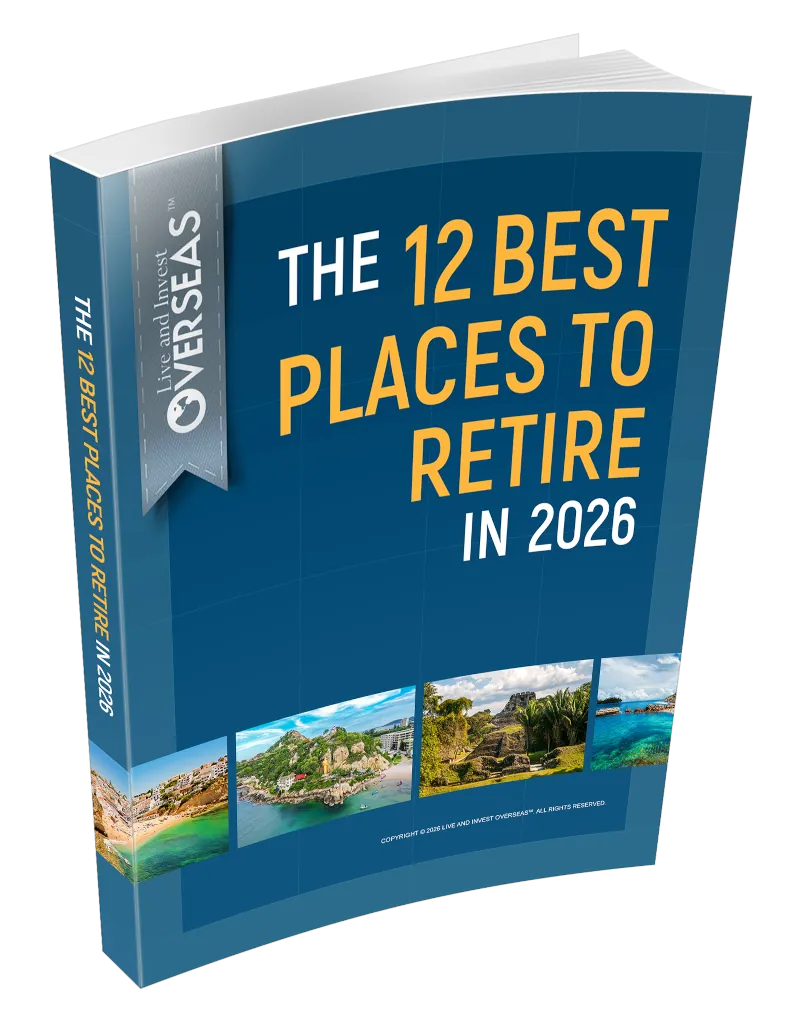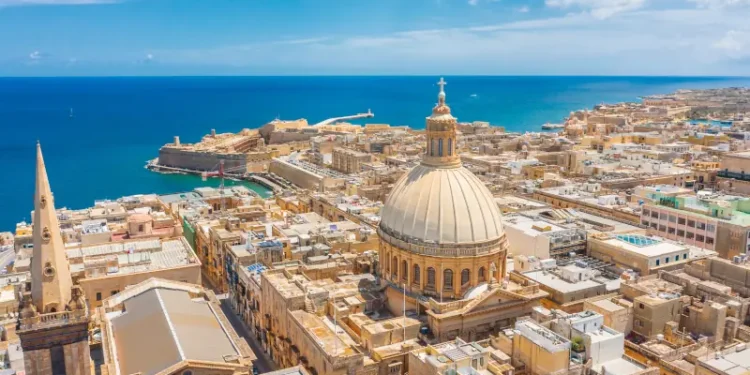In 2020, Barbados introduced its Welcome Stamp, a visa which permits remote workers a one-year stay in the country provided they earn a foreign sourced annual income of at least $50,000.
A few months later, Estonia introduced its digital nomad visa. At launch, the visa required holders to have a monthly foreign sourced income of €3,504 (today that figure has risen to €4,500/$5,260). It too permits a one-year stay in the country.
That same year, the global pandemic changed the way much of the world worked and led to an explosion of digital nomad visa options across the world—today’s remote worker has more than 70 to choose from.
And, they keep coming… Just last week Slovenia announced theirs is in the works and set to launch this November.
Digital nomad visas offer opportunity… if you meet the criteria. For some countries, the income requirements are high.
The highest is Iceland which requires €7,075 ($8,270) per month (around €84,900/$99,000 per year) to qualify.
The Cayman Islands option, known as the Global Citizen Concierge Program (GCCP), requires a minimum annual income of $100,000 for individuals, $150,000 for couples, and $180,000 for families.
At the opposite end of the spectrum, countries including Argentina, Barbados, and Uruguay have no set minimum income requirement. Generally speaking, you just need to show you can support yourself for your time in the country.
If you’ve got the right knowledge or the right income, you have your pick of countries competing for you right now.
With a more senior remote worker in mind (like myself, perhaps), here are three digital nomad destinations worth a closer look.
As well as a digital nomad visa, each offers excellent health care, English-speaking locals, affordable rentals, warm weather, low crime, and a more mature expat community.
Malta
While the Maltese archipelago (consisting of three main islands) may be small—taking up just 316 square kilometers (122 square miles) in the southern Mediterranean—it has a lot to offer.
You’ll find a beautiful natural landscape, a warm climate, large expat communities, and friendly locals. Along with Maltese, English is an official language here and is widely and fluently spoken.
Malta’s medical care ranks among the best in the world, and the island is home to several state-of-the-art facilities staffed by highly trained English-speaking personnel.
For digital nomads, Malta offers a Maltese Nomad Residence Permit, which is valid for one year. To be eligible, you need to have a work contract from an employer that is registered in a country other than Malta, be a partner or shareholder in a company that is registered in a foreign country, or offer freelance services to clients based outside of Malta.
You will also need to show proof of a property rental or purchase agreement, a certificate of good health, and a clean criminal record. The application fee for the Maltese Nomad Residence Permit is €300 ($350).
The income requirement is a minimum gross annual income of €42,000 ($49k) or a gross monthly income of at least €3,500 ($4,000).
Panama
Panama is blessed with beautiful islands, palm-fringed beaches, mountain retreats, and colonial towns. The locals are welcoming, the climate is tropical, and your dollars really stretch here.
It’s also home to some of the best and most modern hospitals in Central and South America and is ideally located for travel to the United States and Canada.
In 2021, Panama launched the Remote Worker Visa. Among the criteria required to qualify are an employment letter and a letter of responsibility issued by your contracting company (a non-Panamanian company).
You’ll also need a clean criminal record, a certificate of good health, and proof of at least $36,000 a year in income.
The Remote Worker Visa is valid for nine months and can be renewed once, for a further nine months. As Panama has a territorial taxation system, digital nomads are not taxed on any income from outside the country.
The fee is $250 payable to the National Treasury plus $50 for the visa card.
Malaysia
Rich in history and natural beauty, offering a high standard of living at a low cost, first-rate health care, a low crime rate, and welcoming visa programs, Malaysia has long been one of Southeast Asia’s most appealing retirement havens.
Plus, as a former British colony, English is widely spoken, particularly in expat hot spots like Kuala Lumpur, Penang, and Johor Bahru.
Malaysia’s digital nomad visa launched in 2022. Known as the DE Rantau Nomad Pass or the Professional Visit Pass, the visa allows location-independent workers in the digital sphere to stay in Malaysia for up to 12 months, with the possibility of renewing for a further year.
Under the terms of the visa, you can work as an employee, business owner, or freelancer for companies or clients outside of Malaysia.
Tech Professionals (software developers, UX/UI designers, data scientists, digital marketers, etc.,) can qualify with an annual income of at least $24,000. For non-tech professionals that figure rises to $60,000.
You will also need a clean criminal record and a valid passport with a minimum of 14 months remaining validity and six blank pages.
Under the terms of the visa, a dependent spouse or children can accompany you. A further requirement is health or travel insurance, which covers you and any dependents for the duration of your stay.
The visa application can be completed online and costs around $220 for the main applicant. The fee for each dependent is around $110.
Stay diversified,

Lief Simon
Editor, Offshore Living Letter










